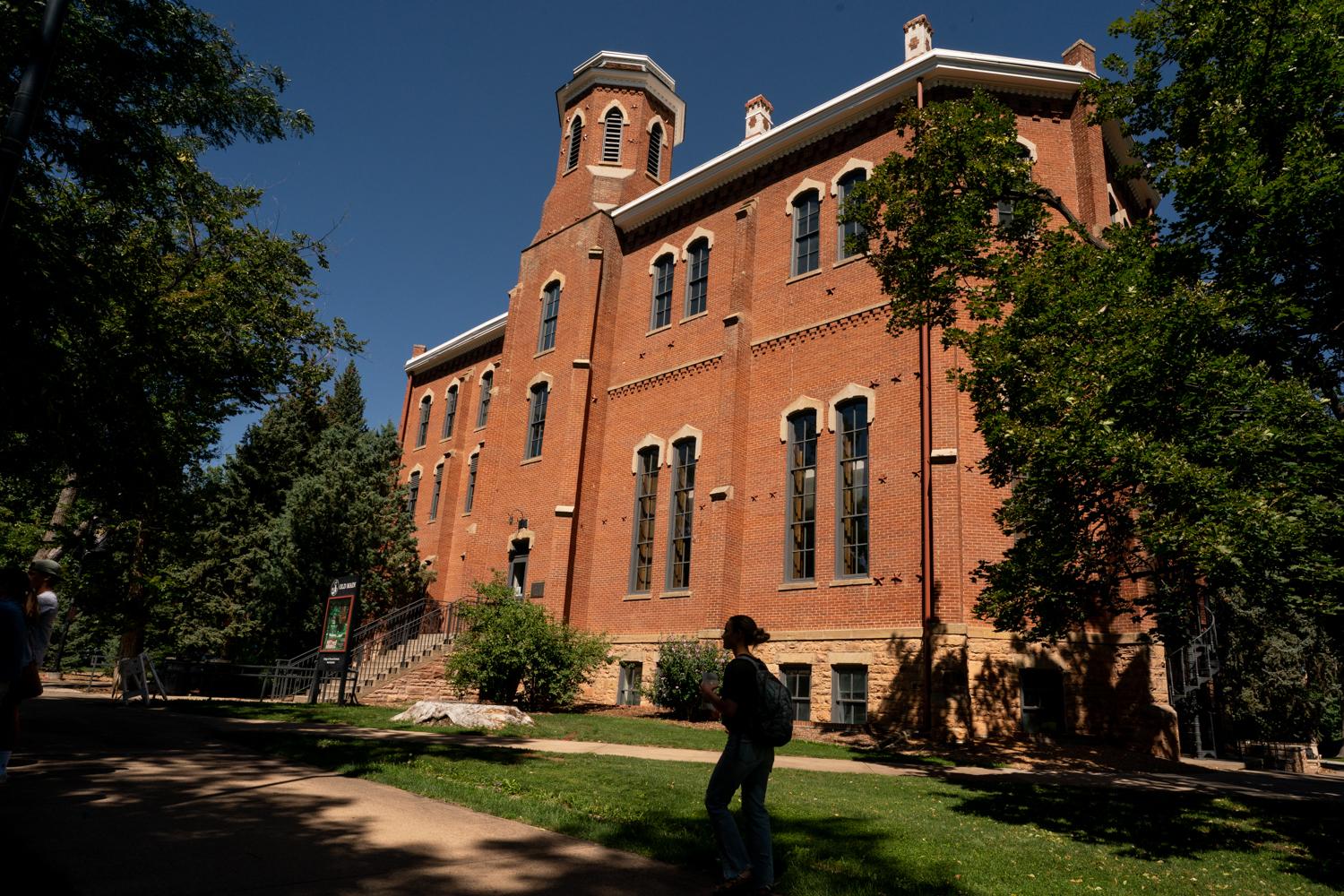Originally published on February 5, 2019 8:38 am
The American Hospital Association has released a new report on the state of rural hospitals across the country. There’s good and bad news about how the Mountain West stacks up.
First, the bad news. When it comes to the number of mental health professionals, our region looks like a black hole.
“We suffer from incredible shortages in mental health professionals,” says Konnie Martin, CEO of San Luis Valley Health in Alamosa, Colorado. “It is crisis-level in a lot of communities.”
According to the Centers for Disease Control and Prevention, the Mountain West stands out for its high suicide rates. Montana, Wyoming, Idaho, Utah and Colorado are all within the top ten states for the highest rates of suicide.
Martin says there isn’t a single psychiatrist in her six-county region in southern Colorado, and while telehealth may sound like a quick solution, the technology required to conference doctors in remotely is just too expensive.
The distribution of primary healthcare professionals is a little better, but Martin says it might be misleading.
“When you look at my county it looks like, ‘All right, Alamosa County is doing pretty good. They've got enough providers.’ But when you back up and say, ‘Well, wait a second. Alamosa's providers take care of patients in a six-county region,’ all of a sudden you're not doing good,” she says. “I think the map, as dire as it looks, is even understated.”
On the brighter side, rural hospitals in the Mountain West aren’t closing the way they are in other parts of the country.
Martin says Medicaid expansion is likely a big factor keeping rural hospitals like hers from sputtering out. According to the Kaiser Family Foundation, Wyoming is the only state in our region that did not expand Medicaid.
This story was produced by the Mountain West News Bureau, a collaboration between Wyoming Public Media, Boise State Public Radio in Idaho, KUER in Salt Lake City and KRCC and KUNC in Colorado.
Copyright 2019 KUNC. To see more, visit KUNC.







